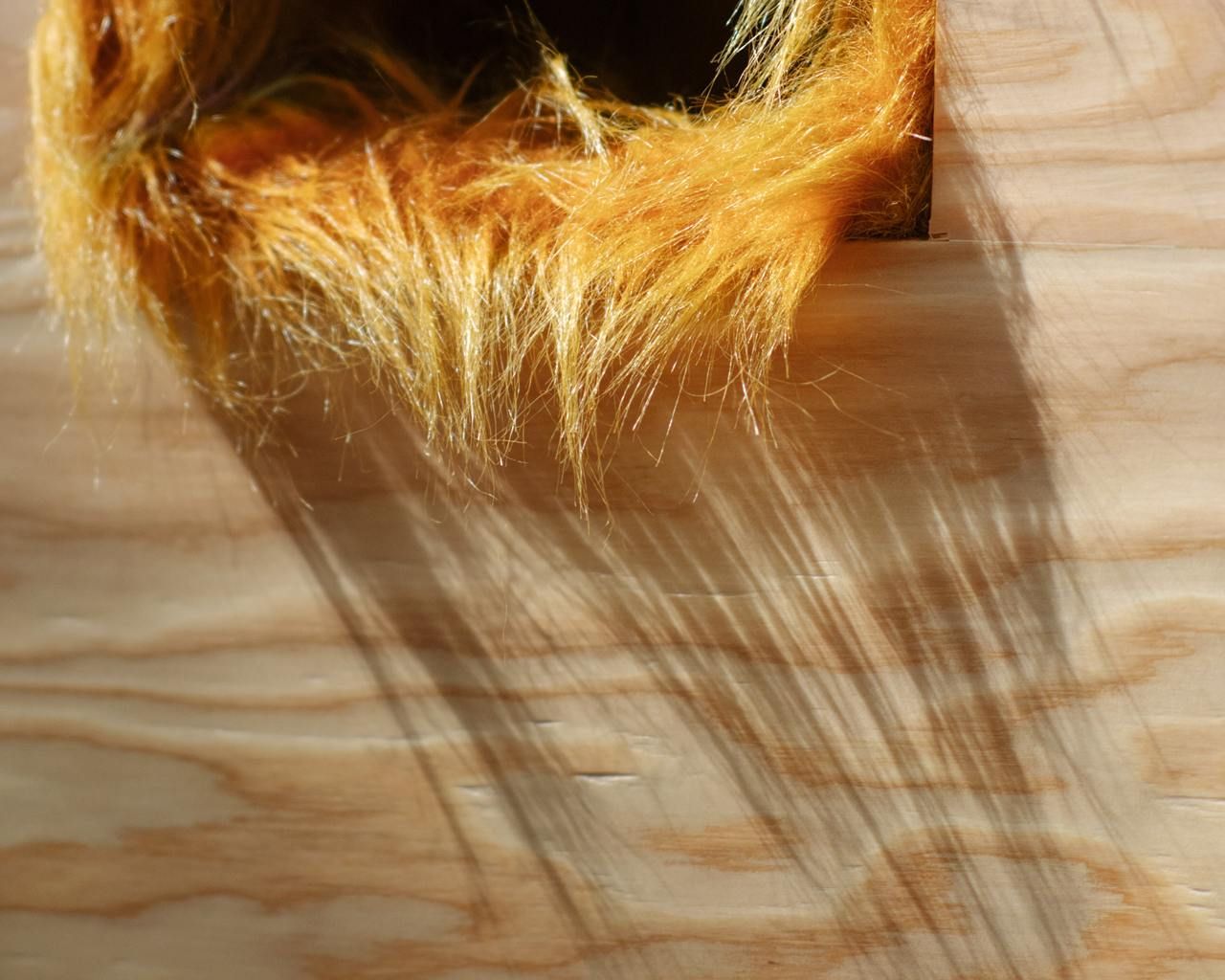Anal Itching, or Why Does the Rectum Itch
-
Published:18 July 2024
-
Updated:24 March 2025

Unpleasant, irritating sensations in the anal and perianal areas cause physical and psychological discomfort. The causes of this condition can be different, as it is not an independent disease but a syndrome. Understanding the mechanism of the disturbances is necessary for correct treatment, as strategies can vary significantly.
What Statistics Say
Itching in the anal passage is found in 1-5% of the population. The male gender is more likely to have this problem: the ratio of men to women is 4:1. Most patients are between 30 and 60 years old.
Types of Anal Itching
Primary and secondary problems are distinguished. Primary itching is an independent disease whose objective causes are not identified, usually of a psychogenic nature. Secondary problems arise as symptoms of other diseases.
Acute and Chronic Types
With the acute form, unpleasant sensations appear suddenly; the intensity of the itching does not depend on body position, physical exertion, or food. Scratching, wetting, treatment with antiseptics, frequent washing with soap or shower gel, and entering bacteria into wounds worsen the problem. The anal opening itches so intensively that it is tough to resist the urge to rub the perianal area. The symptoms may decrease or disappear with alcohol consumption.
Chronic anal itching is an irritating sensation that starts with mild discomfort, gradually increases, and lasts longer than three months.
Common causes of itching in the rectum include the following:
- Anal fissures, hemorrhoids;
- Inflammatory diseases of the colon - Crohn's disease;
- Stool disorders, IBS - constipation and diarrhea provoke itching;
- Inflammatory diseases of the rectum - proctitis, paraproctitis;
- Insufficiency of anal sphincter function - the skin around the rectum is irritated by secretions from the rectum regardless of defecation;
- STIs (chlamydia, gonorrhea);
- Diabetes in men and women, which is sometimes accompanied by itching in other parts of the body, dry skin, and hair loss on the body;
- Psoriasis - psoriatic plaques are often localized in the perineal area, so the rectum itches with burning and tingling;
- Malignant neoplasms of the intestines prostate - the appearance of pain; blood in the stool should alert you;
- Acute condylomas (papillomavirus);
- Inadequate care or excessive washing of the rectum; reaction to toilet paper, soap, or lubricants;
- Anal itching may occur due to sphincter trauma and insufficient lubrication during anal sex.
One of the factors that can cause anal itching is anemia with low levels of iron and ferritin, leading to dryness and skin irritation. Helminths have also become a common cause of discomfort in this area.
If the Rectum Itches and No Diseases are Identified
If you periodically itch in the rectum without visible reasons, it is essential to remember hygiene and proper nutrition. Spicy, salty, and spicy foods and products with synthetic flavorings can exacerbate symptoms of anal itching. Also, poor-quality underwear made of artificial materials (thongs and tight underwear) causes skin irritation in this area.
If you experience alarming symptoms, consult a doctor to identify the underlying problem and prescribe treatment. Do not postpone a visit to a specialist, as itching in the anal area may be a sign of serious diseases requiring medical intervention.
Pruritus Ani (https://www.ncbi.nlm.nih.gov/pmc/articles/PMC2647235/), Ann R Coll Surg Engl. 2008 Sep;90(6):457–463. doi: 10.1308/003588408X317940. Accessed 5 Dec 2024







.svg)
.svg)
